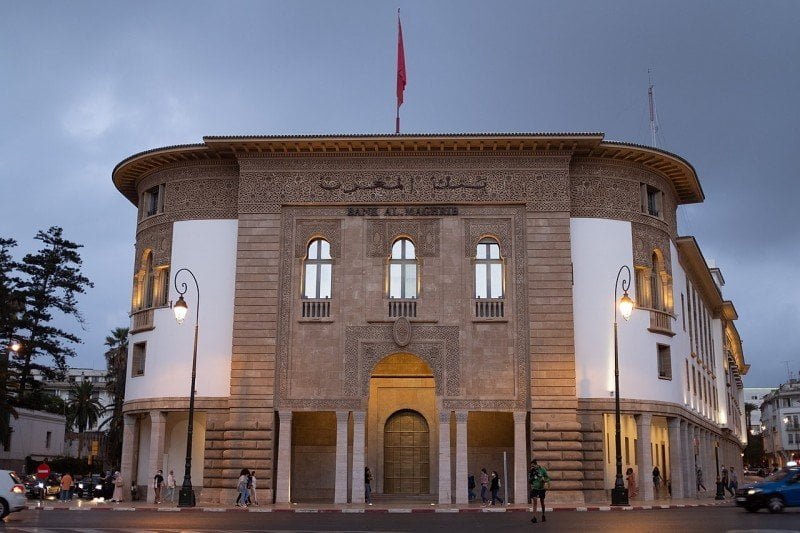Morocco Central Bank Governor Says Crypto Draft Law Now ‘Ready’ – Abdellatif Jouahiri, the governor of Bank Al-Maghrib (BAM), stated that a draft crypto law, which strives to safeguard individuals from the risks associated with crypto trading, is complete and would soon be presented to stakeholders. Adoption of crypto by Moroccan residents is now inevitable hence a regulatory framework is needed.
According to Abdellatif Jouahiri, governor of the Moroccan central bank also known as Bank Al-Maghrib (BAM), the country’s draft crypto law is now complete and will be given to interested parties. In comments reportedly made during a news conference, Jouahiri insisted that the draft law aimed to safeguard citizens from the risks associated with investing in cryptocurrencies.
People Also Read: Bankrupt Crypto Exchange FTX to Start Letting Customers in Japan Withdraw Funds
According to Morocco World News, the Moroccan Capital Markets Authority (AMMC) and the Insurance Supervisory Authority and Social Security (ACAPS) are among the parties with whom the central bank is anticipated to consult prior to implementing the proposed law.
Commenting on the BAM’s journey in drafting the document as well as the planned discussions with other regulators, Jouhari reportedly said: “For cryptocurrencies, I can assure you that the project is ready. We worked with the World Bank and the consultant to make it happen. The different chapters are completed. Now we are engaged in the discussion with the different stakeholders. It is long, but necessary to allow everyone to adhere to this project.”
As reported in early 2022, the BAM solicited the viewpoints of both the International Monetary Fund (IMF) and the World Bank on crypto regulatory best practices. In addition, the central bank reportedly established a council to oversee legislation governing both cryptocurrencies and digital currencies issued by the central bank.
People Also Read: Venezuelan Banking Watchdog to Oversee Crypto Transactions to Preserve Currency Stability
By taking these actions, the BAM appeared to be prepared for a scenario in which a greater number of Moroccans use cryptocurrencies. In reality, as revealed by the same report, the central bank of Morocco believed the adoption of cryptocurrencies by local residents to be inevitable, necessitating a legal framework.




